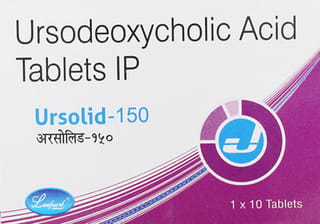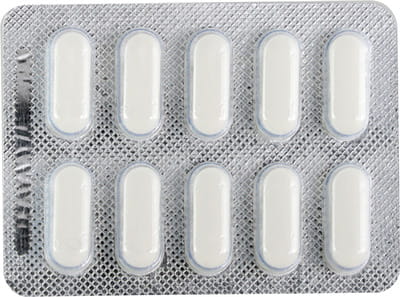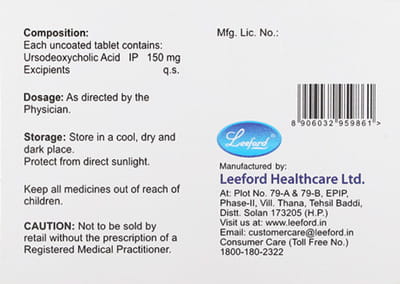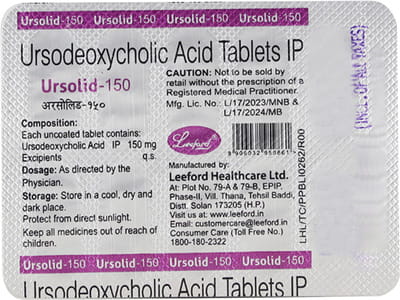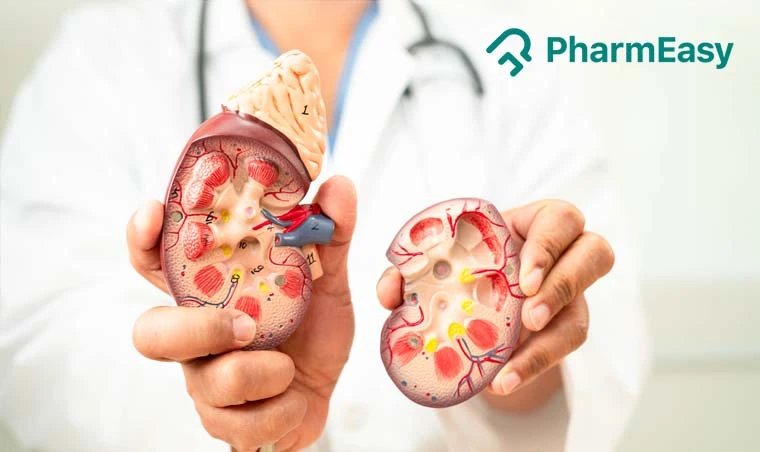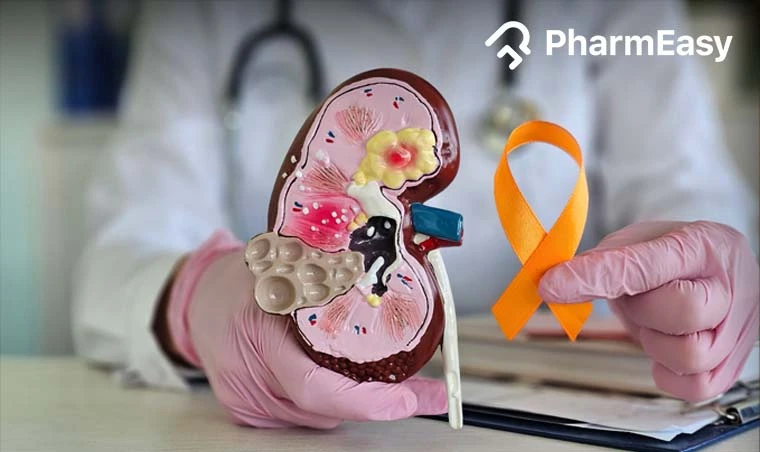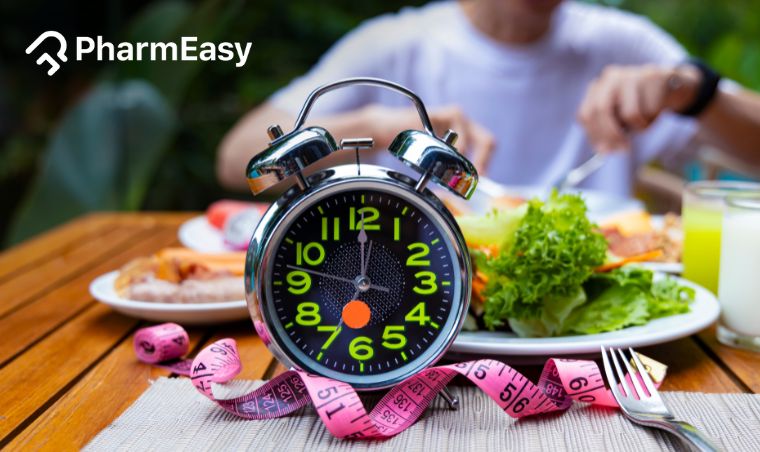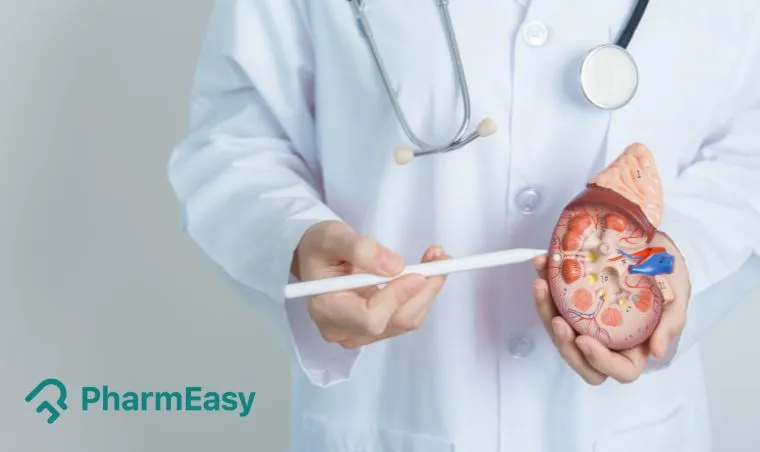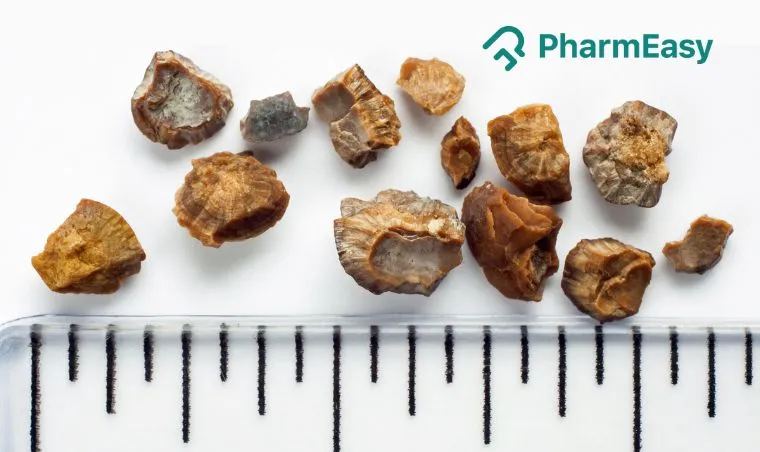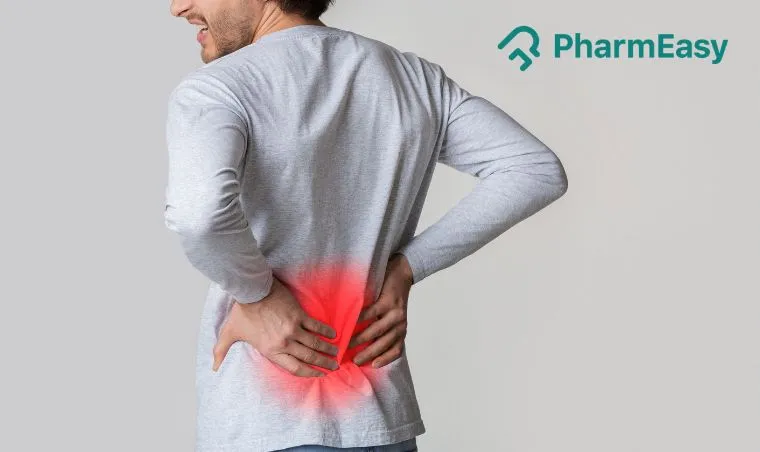Ursolid 150mg Strip Of 10 Tablets
Description
Ursolid 150 Tablet is a medicine that contains ursodeoxycholic acid, a naturally occurring bile acid produced by the liver. It is commonly prescribed for managing liver-related conditions such as primary biliary cirrhosis (PBC), primary sclerosing cholangitis (PSC), and cholesterol-based gallstones. In some cases, it is also used to support liver function in patients with cystic fibrosis. By reducing the cholesterol content in bile, Ursolid 150 Tablet helps improve bile flow and prevents the formation of gallstones that can be harmful.
The dosage of Ursolid 150 Tablet depends on the condition being treated, your body weight, and your doctor’s assessment. It is essential to take the medicine exactly as prescribed and to swallow it whole after a meal, accompanied by a glass of milk or water. Regular and consistent use of Ursolid 150 Tablet is essential, even if your symptoms improve, as the treatment may continue for several months or longer to achieve full benefit.
Some people may experience mild side effects while taking Ursolid 150 Tablet. These can include abdominal pain, diarrhea, nausea, hair loss, itching, or rash. Most side effects are temporary, but if they persist or worsen, it is important to contact your doctor. Not everyone experiences side effects, and your doctor can provide guidance to manage any discomfort that may arise.
Before starting Ursolid 150 Tablet, inform your doctor if you have any gallbladder or bile duct inflammation, frequent cramp-like upper abdominal pain, a history of coughing up blood, or rapid weight gain. Also, share details of all other medications, supplements, or herbal products you are taking, as Ursolid 150 Tablet may interact with certain drugs. Women should discuss discontinuing hormonal birth control pills with their doctor, as these may increase the risk of gallstone formation.
Monitoring your liver function is an important part of treatment with Ursolid 150 Tablet. Your doctor may recommend regular blood tests and ultrasound scans to track your progress and ensure the medicine is working effectively. By taking Ursolid 150 Tablet as prescribed, following your doctor’s advice, and attending regular check-ups, you can manage liver-related conditions effectively and reduce the risk of complications.
Product Summary
| Offer Price | ₹124.20 |
| You Save | ₹55.80 (31% on MRP) |
| Contains | Ursodeoxycholic Acid / Ursodiol(150.0 Mg) |
| Uses | Gallbladder stones and Liver dysfunction |
| Side effects | Nausea, vomiting, diarrhoea, sticky stool |
| Therapy | DRUGS FOR CHOLELITHIASIS |
Uses
- Ursolid Tablet is used to dissolve gallbladder stones that are made of cholesterol in various liver-related disorders such as cirrhosis and sclerosing cholangitis.
- Liver dysfunction is associated with cystic fibrosis (a hereditary disease that affects the lungs and digestive system).
Contraindications
- If you are allergic to ursodeoxycholic acid or any ingredient of Ursolid Tablet.
- If you have stomach or intestinal ulcer or bleeding.
- If you have recently had surgery involving any part of your intestine.
- If you have a liver-related disorder and non-functional gall bladder.
- If you are suffering from a liver or intestinal condition which affects the circulation of bile substances like blockage of the bile duct.
- If you are suffering from inflammation/blockage of the gall bladder or biliary tract.
Side effects
- Nausea
- Vomiting
- Diarrhoea
- Sticky stool
Precautions and Warnings
Pregnancy
Breast Feeding
Driving
Alcohol
Other General Warnings
- You have a history of liver disease or obstruction in bile passage, your doctor may ask you to do a liver function test regularly.
- You experience a persistent diarrhoea, your doctor may discontinue the therapy immediately.
- Women of childbearing age should use non-hormonal contraceptive measures (physical barrier) or low oestrogen oral contraceptive pills. Combination oral contraceptive pills should not be taken with Ursolid....
- Your doctor may ask you for an ultrasound after six months of the treatment to check the therapeutic improvement.
- It would be best if you avoided a high cholesterol diet during the treatment as it may affect the effectiveness of Ursolid.
Directions for Use
- Ursolid Tablet should be taken as directed by your doctor. Swallow it whole with a glass of water. Do not cut, break or chew the medicine.
- It should be taken after having your meal. It would be best if you took it at a fixed time for optimal results.
- You should not consume it more than that prescribed by your doctor.
Storage and disposal
- Store Ursolid Tablets in a cool and dry place, protected from direct sunlight, moisture and heat.
- Keep it away from children and pets.
- Discard any unused and expired medicine properly. Do not flush in the toilet or throw it into the drain.
Quick Tips
- Take Ursolid 150 Tablet exactly as prescribed, swallowing it whole after a meal with water or milk.
- Use the medicine consistently for the full duration, even if symptoms improve.
- Follow up with your doctor regularly for blood tests and ultrasound scans to monitor liver function.
- Inform your doctor about any other medicines, supplements, or herbal products you are taking.
- Women should discuss stopping hormonal birth control pills, as they may increase gallstone risk.
- Watch for mild side effects, such as diarrhea, abdominal pain, nausea, itching, hair loss, or rash.
- Contact your doctor if side effects persist, worsen, or cause significant discomfort.
- Report any history of gallbladder inflammation, upper abdominal pain, coughing up blood, or rapid weight gain before starting treatment.
- Maintain a healthy diet and lifestyle to support liver health during treatment.
Dosage
Overdose
Missed a Dose
Mode of Action
How Does It Work?
Interactions
Interactions with other medicines
- Ursolid Tablet may interact with other medications and provide an altered response to the treatment. Please notify your doctor if you are undergoing any other treatments, over-the-counter medications (that you buy without a prescription) and herbal preparations. Also, you should inform your doctor if you have a planned surgery or vaccination scheduled....
- Hormonal pills should not be used if you are on treatment with Ursolid Tablets.
- Concomitant use of cholesterol-lowering medicines like cholestyramine or colestipol and some antacids may reduce the efficacy of Ursolid. So, it should be taken between the gap of 2 hours at least.
- Other medicines that may affect this tablet's absorption are charcoal and antibiotics like Ciprofloxacin, immunosuppressants like Ciclosporin, cholesterol-lowering medicines like Atorvastatin and Dapsone used as an anti-infective. Hence, it should not be used concomitantly....
Interactions with food items
Content Details
Dr. Mansi Savla
B. Pharm, PharmD
Dr. Ritu Budania
MBBS, MD (Pharmacology)
Frequently Asked Questions (FAQs)
Q: Can Ursolid reduce raised liver enzymes?
Q: Does high blood cholesterol level cause gallbladder stones?
Q: What is Ursolid Tablet used for?
- Ursolid Tablet is used to dissolve gallbladder stones that are made of cholesterol in various liver-related disorders such as cirrhosis and sclerosing cholangitis.
- It is also used in liver dysfunction associated with cystic fibrosis (a hereditary disease that affects the lungs and digestive system).
References
- DESTOLIT 150 mg tablets - Summary of Product Characteristics (SmPC) - (emc) [Internet]. Medicines.org.uk. 2025 [cited 25 Aug 2025]
- CDSCO - Ursodeoxycholic acid [Internet]. Cdscoonline.gov.in. 2025 [cited 25 Aug 2025]
- URSO (ursodiol) tablets, for oral use, USP, [Internet]. Accessdata.fda.gov. 2025 [cited 25 Aug 2025]
- Lactmed - Ursodiol [Internet]. Ncbi.nlm.nih.gov. 2025 [cited 25 Aug 2025]
- DESTOLIT 150 mg tablets - Patient Information Leaflet (PIL) - (emc) [Internet]. Medicines.org.uk. 2025 [cited 25 Aug 2025]
- Information H, Diseases D, Eating &, Eating &, Health N. Eating, Diet, & Nutrition for Gallstones | NIDDK [Internet]. National Institute of Diabetes and Digestive and Kidney Diseases. 2021 [cited 25 October 2021]
- Ursodeoxycholic acid in intrahepatic cholestasis of pregnancy: a systematic review and individual participant data meta-analysis Ovadia, Caroline et al. The Lancet Gastroenterology & Hepatology, Volume 6, Issue 7, 547 - 558
Did you find this medicine information helpful?
Please rate your experience
